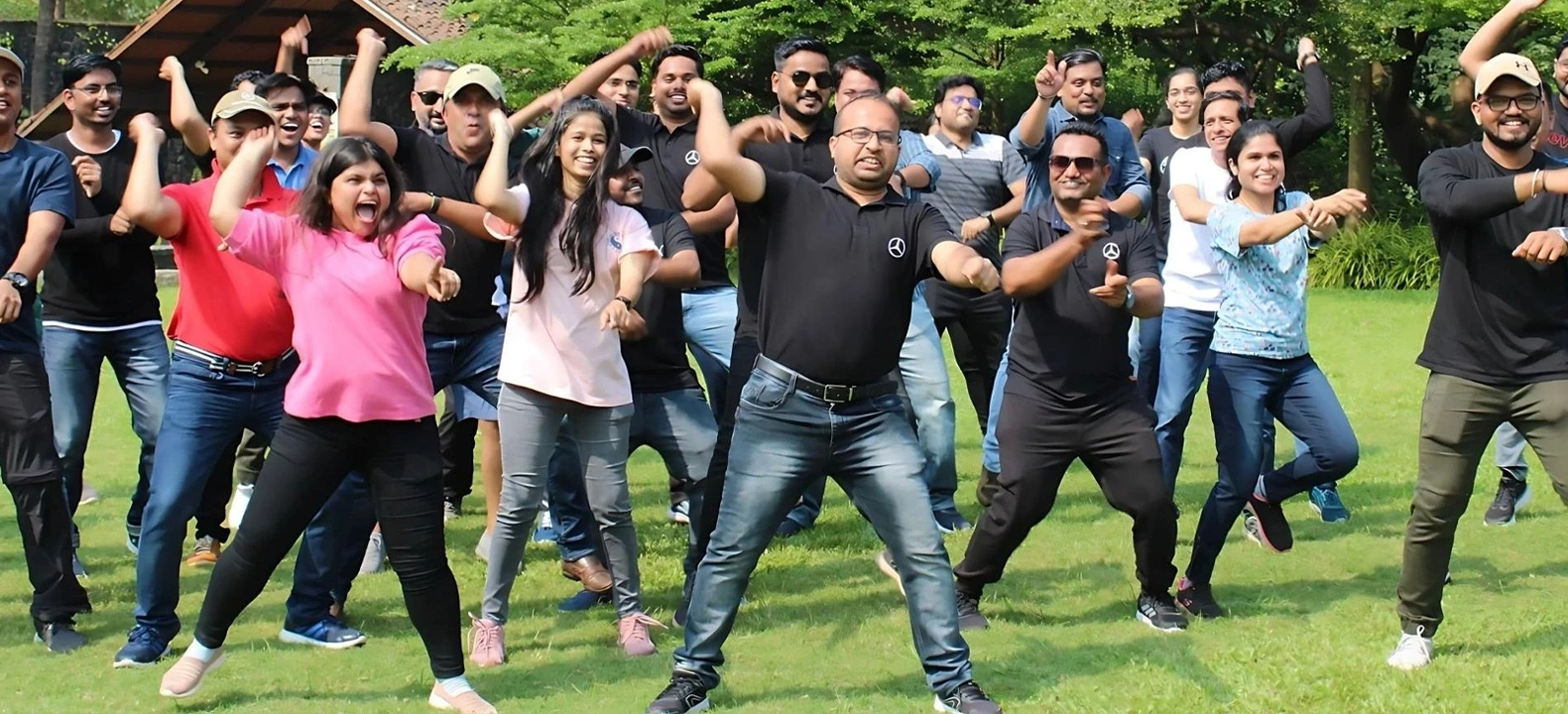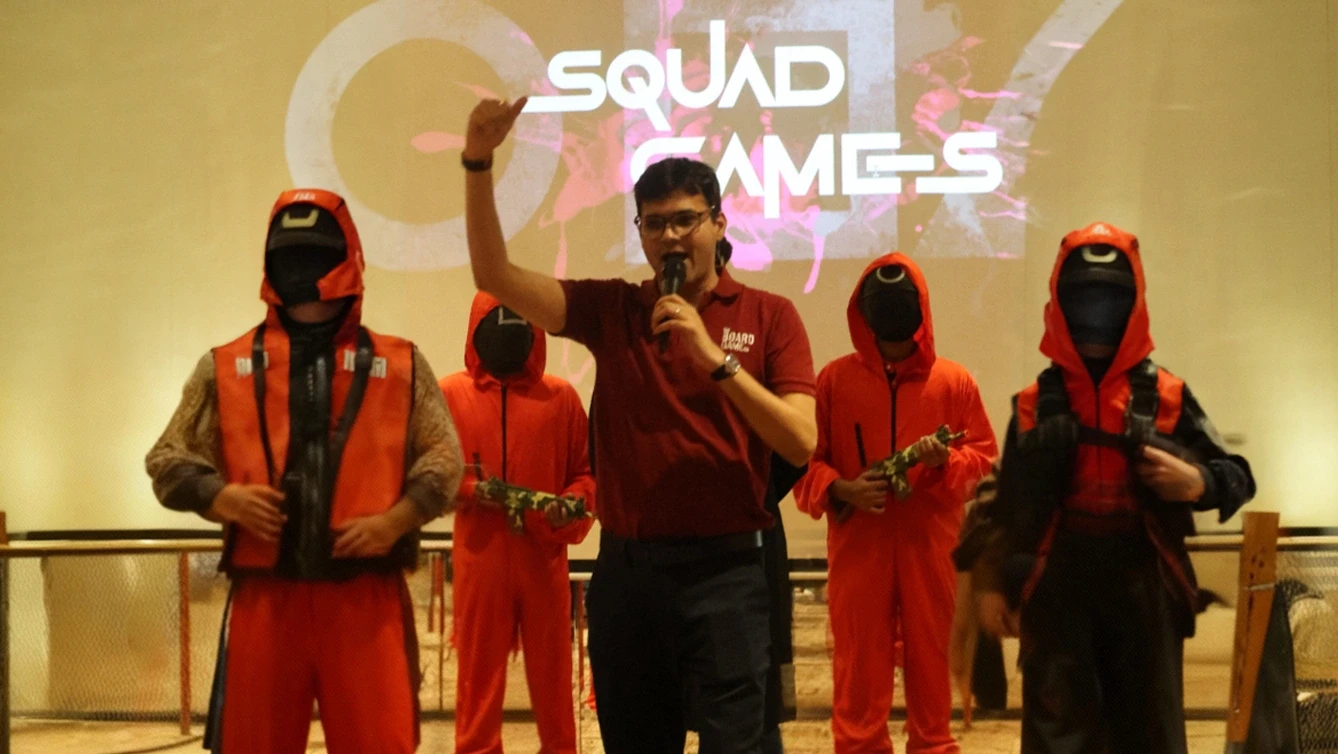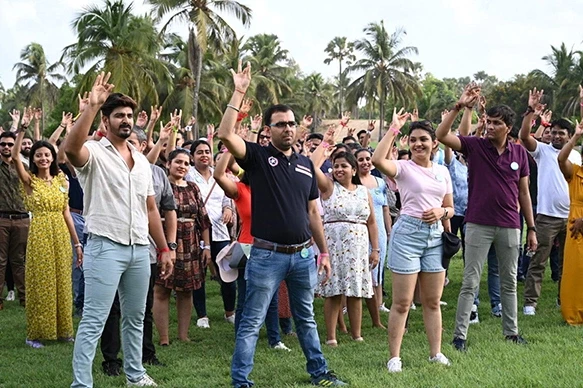In most offices, “team building” still brings to mind conference rooms, trust falls, and polite conversations over buffet lunches. It’s a box to be ticked, a weekend in a resort to remind everyone they belong to the same company. But for modern businesses, especially those navigating hybrid work and global teams, corporate team activities can no longer afford to be a formality. They have to create meaning.
The best organisations today are reimagining what a work trip can be. Instead of planning events around presentations and photo ops, they’re designing experiences that forge genuine human connections. Because when a team truly bonds outside PowerPoint slides and deadlines the collaboration that follows is effortless.
This is where professional event design makes all the difference. And it’s exactly where companies like SKIL Events are rewriting the rulebook on corporate events for team building.
The workforce has changed dramatically. Teams are distributed across cities, cultures, and time zones. The new generation of professionals values purpose and shared experience over formality. A one-size-fits-all team outing simply doesn’t cut it anymore.
Today’s corporate teams want moments that feel authentic. They want to laugh, compete, reflect, and learn something about each other and themselves. Successful corporate team activities aren’t just about fun; they’re about strengthening the human fabric of an organisation.
When people return from a corporate offsite feeling seen and inspired, productivity naturally follows. The laughter becomes trust, the discussions become strategy, and that renewed sense of belonging shapes how teams perform when they’re back at their desks.
This shift, from activity to experience, from offsite to insight, is what distinguishes the world’s best corporate event planners association members and the brands that partner with them.
The best team building events are built on two foundations: shared challenge and shared discovery. They bring people together around something unfamiliar, which forces collaboration, communication, and creativity.
For instance, instead of traditional workshops, companies are hosting “team safaris” in which employees explore the local culture through missions and storytelling challenges. Others are introducing “impact days,” where teams contribute to a social cause, cleaning up a coastal stretch, mentoring students, or building homes. The result is not just camaraderie, but pride.
At SKIL Events, each program is designed with the company’s core values in mind. Whether it’s a two-day strategy retreat in the Western Ghats or an incentive trip to Rajasthan, the question always remains the same: what lasting emotion will this event create?
That shift in thinking, away from scheduling toward storytelling, is what separates ordinary corporate events from transformative ones.


If there’s one city that embodies the modern spirit of Indian corporate culture, it’s Pune. With its growing IT hubs, cosmopolitan energy, and easy access to nature, Pune has become one of the most exciting destinations for corporate team building in Pune.
Over the last few years, SKIL Events has curated experiences in and around Pune that show what meaningful team building looks like. Teams have trekked through Mulshi’s hills, competed in culinary challenges inspired by local Maharashtrian flavors, and even built sustainable shelters together.
Each event has a story, not a script. A story about collaboration that didn’t need a leaderboard. About empathy born out of laughter and fatigue. About a group of people returning not just as colleagues, but as a connected unit ready to take on bigger challenges.
That’s the magic of a well-crafted corporate offsite, it doesn’t end when the event does.
What separates a memorable event from an expensive outing is design thinking. Great corporate event planners understand that every element of the event; venue, activity, ambience, pacing, affects team dynamics.
For instance, outdoor challenges stimulate problem-solving and trust. Collaborative art sessions foster creativity. Even the layout of seating during workshops influences how people engage with each other.
Professional planners study these subtleties. The corporate event planners association globally has been advocating for “experiential architecture”, a discipline that merges behavioural psychology with event design. It’s not about planning activities; it’s about curating emotional journeys that lead to measurable outcomes.
A day in nature might ease tension between departments. A cultural immersion might deepen mutual respect. When crafted with intention, every moment has a psychological payoff.
A great team-building event doesn’t happen by accident. It’s the result of strategy, sensitivity, and precision.
Professional planners like SKIL Events handle the unseen complexity, risk management, timing, budgeting, experience flow, so that the emotional experience feels effortless. They understand how to weave corporate objectives into human experiences.
For instance, a company launching a new vision might need a theme of “alignment.” SKIL might design a set of collaborative outdoor challenges where success depends on synchronized teamwork. Another organisation might want to encourage creativity. That could mean hosting an “innovation hackathon” disguised as a playful quest through a resort campus.
In both cases, it’s not the activity that matters, it’s the intent behind it. When intent meets execution, magic happens.
The biggest compliment a team-building event can receive isn’t applause at the end of the night. It’s when employees return to work with stories that start with, “Remember when we…”
Those shared memories become shorthand for collaboration. They soften conflict, strengthen trust, and remind everyone that they’re part of something bigger than their job titles.
This is why forward-thinking companies are investing more in corporate events for team building, not as a perk, but as a business strategy. When teams bond authentically, attrition drops, creativity rises, and communication becomes instinctive.
As the world shifts to hybrid work models, corporate team activities are becoming the glue that keeps organisations cohesive and emotionally resilient.
What makes SKIL Events stand out in this evolving landscape is its balance of precision and emotion. Every corporate offsite, every team activity, and every engagement program is designed not just to entertain but to transform.
Their planners draw inspiration from behavioural science, cultural research, and design innovation. They don’t just plan events, they architect experiences that align people with purpose.
Whether it’s an employee engagement program in Pune, a nationwide leadership offsite, or an international incentive retreat, SKIL approaches each project with one philosophy: connection first, execution second.
It’s this approach that has earned SKIL recognition among India’s most trusted corporate event planners association circles and the loyalty of global clients who return year after year.
A work trip today isn’t about taking a break from the office, it’s about rediscovering what the office stands for. It’s about turning “work” into “worthwhile.”
When done right, corporate team activities remind people why they joined their organisations in the first place; to grow, to belong, to achieve something together.
At SKIL Events, every program is a story of human connection. Because in the end, team building isn’t about games or prizes. It’s about people who understand each other just a little better and work a lot stronger as a result.

